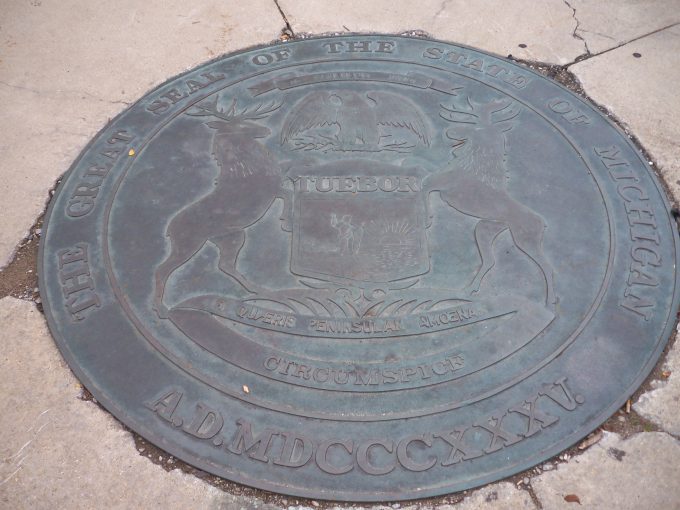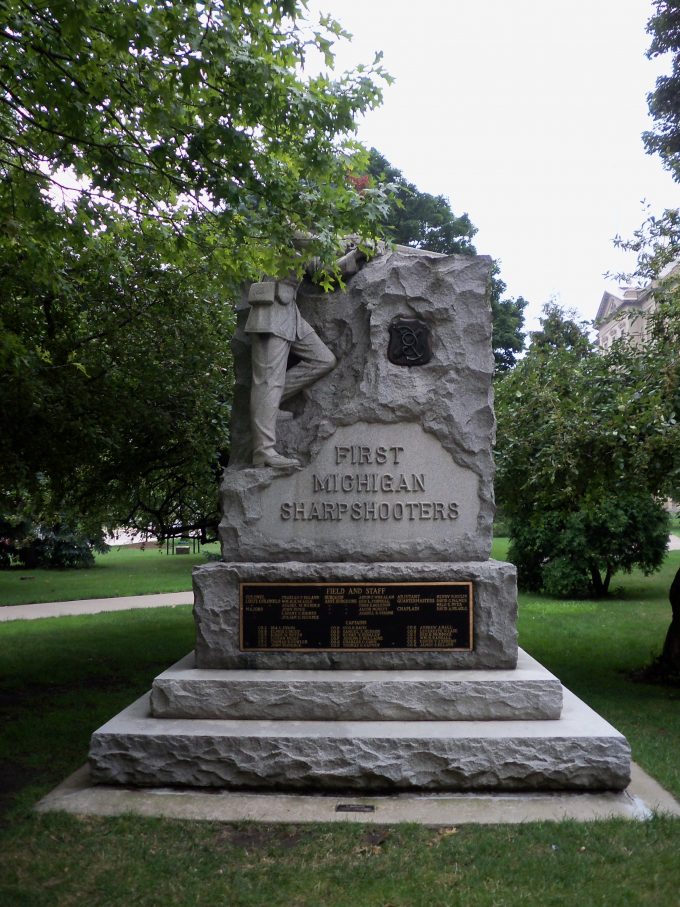
Sunday, 2 April 2017
…in the body of His flesh through death, to present you holy, and blameless, and above reproach in His sight— Colossians 1:22
Paul’s words of this verse place a stress on the literal, human body of Christ Jesus. His words here expand on the thought of being reconciled from the previous verse. This was accomplished “in the body of His flesh.” Atonement could not come through God who is Spirit, nor could it come through an angelic being which also has no physical body. Rather, it had to come through a human. However, not any human could do. As humanity is infected with sin, this needed to be a sinless human, or no atonement could have taken place.
It is for this reason that Paul has already carefully and precisely described the deity of Christ. In so doing, the humanity is clearly revealed as pure, holy, and capable of redeeming man. As He is fully God, He inherited no sin from a human father. As He is fully man, He is capable and qualified to atone for man’s sin. It is through this unique “body of His flesh” that the necessary atonement can be obtained, but still it had to come “through death.” The Bible instructs us that without the shedding of blood, there can be no atonement for sin. In the Greek, there is an article before “death,” and so it reads, “through the death,” or “through His death” (the article is masculine).
Again, Paul stresses the humanity of Jesus with the article. He really lived, and He really died, proving that He was Man with a human body. It is through this part of His nature, His humanity, that atonement was realized. Paul then shows that this was done in order “to present you holy, and blameless, and above reproach in His sight.” The “His” of these words is speaking of God. The human aspect of Christ died in order for man to be acceptable before the divine aspect of Christ in God. And thus, the work is sufficient to please the Godhead – Father, Son, and Holy Spirit.
In Christ, we are deemed as “holy,” and thus we are positively set apart as acceptable to God because of Christ. In Christ, we are deemed as “blameless.” The word indicates “without blemish.” Because of Christ, we will be presented to God as bearing no sin. Sin comes through law, and in Christ the law is annulled. Sin cannot be imputed where law is ended. Therefore, we will be without spot or blemish, and considered pure and undefiled by sin because of Christ. And in Christ, we will be considered “above reproach.” The word speaks of legal charges used against someone in a court of law. No charges will stand against us as we are brought into the presence of God. The decree “not guilty” will be proclaimed over us because of our standing in Christ who is “not guilty” before His Father.
Life application: Because of the work of Christ, we are free from guilt, and we are reckoned as righteous before God. Paul asks in Romans, “Who shall bring a charge against God’s elect? It is God who justifies.” Take time today to ponder your standing in Christ, and show your gratefulness to God for what He has done. Give praise, glory, and honor to Him for freeing us from what would otherwise be eternal condemnation.
Heavenly Father, when we contemplate what You have done to restore us to Yourself, it is beyond imagination. You prepared a body for Christ in order to redeem us. Without His humanity, we would have been forever lost, condemned and unforgiven. But in Him, the law is fulfilled, the charges are dropped, and we can stand before You blameless. Thank You, O God, for the life and the work of Jesus Christ who cleanses us from all unrighteousness! Amen.



